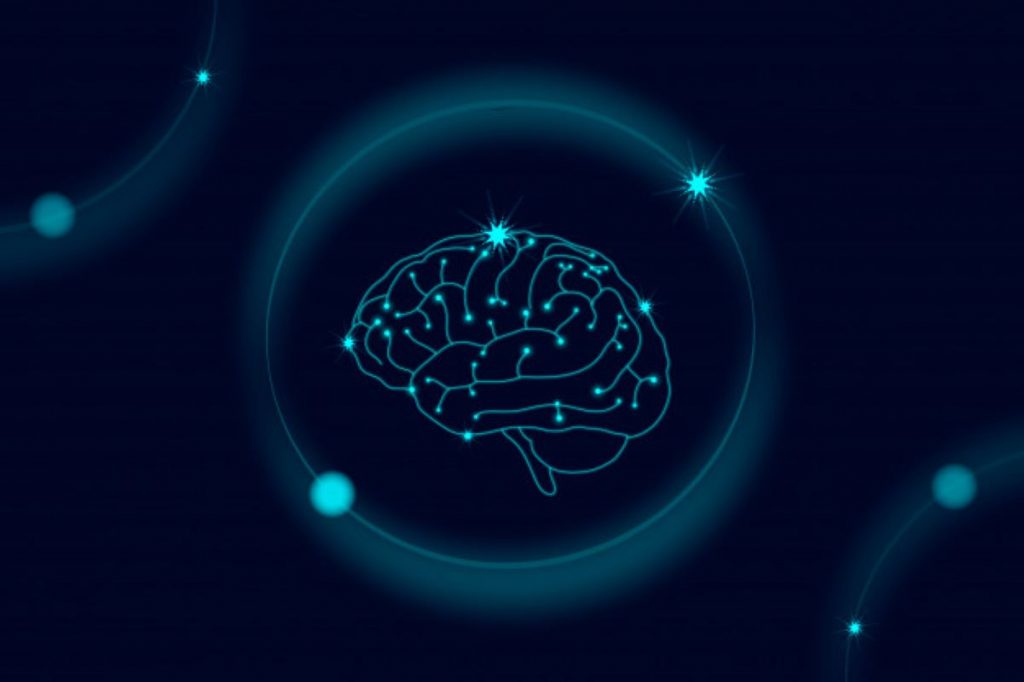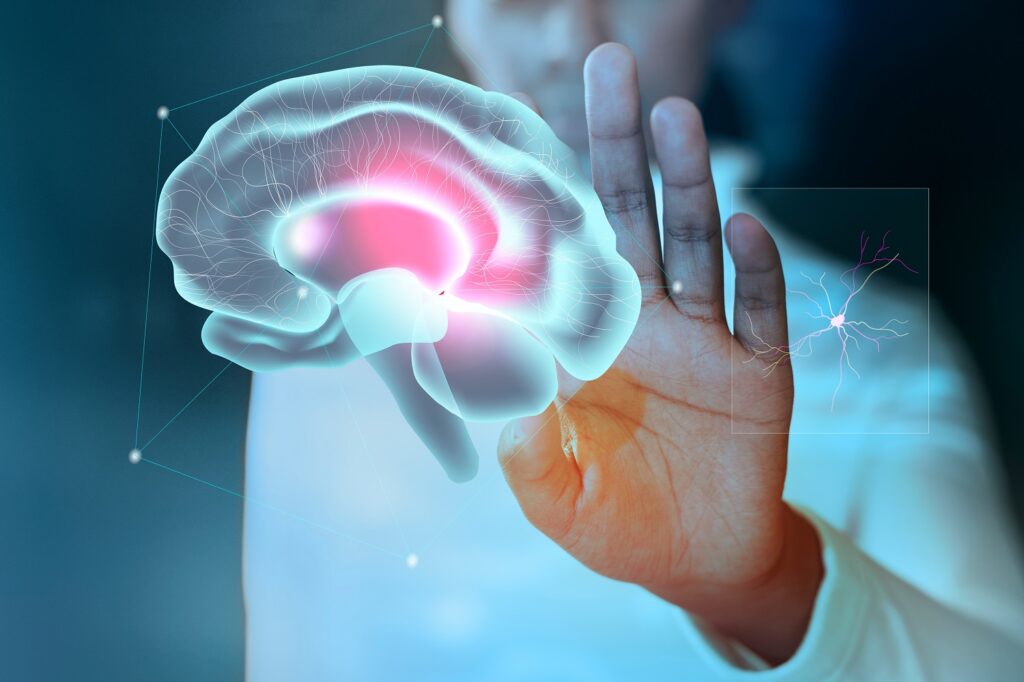Fungi represent a minor element of the human gut microbiome. A distinct mycobiota is identified in individuals with neuropsychiatric disorders like schizophrenia and autism. An internal transcribed spacer amplicon can be used for the gut mycobiome analysis. Most patients experience moderate to severe depressive symptoms. Candida, Saccharomyces, Aspergillus, Penicillum, Cladosporium, Apiotrochum, Cutaneotrichosporon, and Wallemia are the most abundant species. The relative proportion of the Saccharomyces genus was remarkably higher.
Fungal alteration occurs throughout the gut microbial ecosystem in patients with depression. In most patients, the fungi-bacteria interkingdom network is also altered. Mycobiota profile becomes distinct and fungi-bacteria interactions are altered in children with depression.
Gut mycobiota dysbiosis is demonstrated in depressive children. Fungi-bacteria interkingdom differences are also seen in depressive patients. Gut mycobiota might be a potential therapeutic target for depression.















